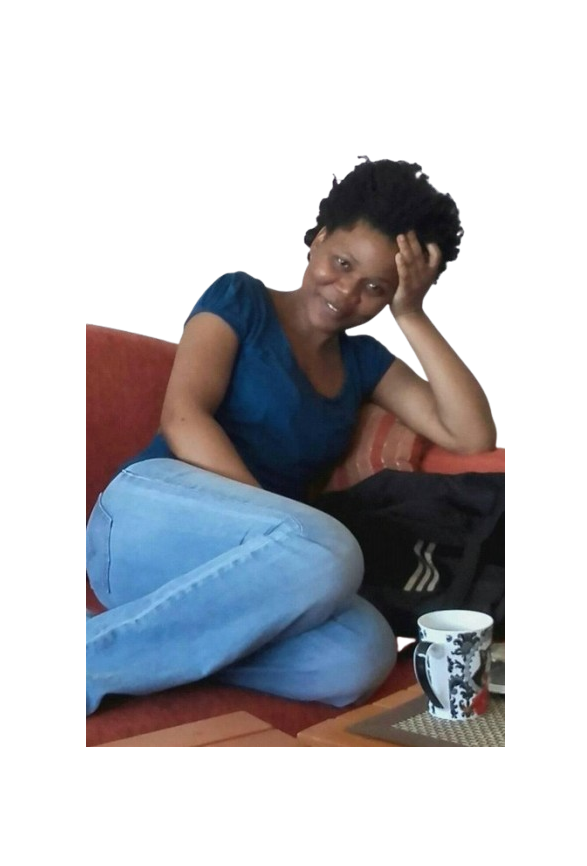Introduction: A Unique Experience Abroad
This year, I spent my Easter holiday lunch at my best friend’s house in Belgrade. As a black African, traveling to places where there are few black people always brings attention to my hair and skin color, and this occasion was no different. It is common for people to stop me on the street, curious to touch my hair or take pictures with me, simply because I am black.
Unlike others who might find this offensive, I have come to see it as a form of admiration. Just as we are fascinated by different cultures and appearances, others find beauty in us. I remember a time when a Danish friend visited my family in Malawi. Children in the village surrounded her, fascinated by her white skin. That experience helped shape my understanding and patience for similar encounters I now face when traveling abroad.
Black African Natural Hair: A Personal Journey
Many people who aren’t familiar with black African hair often struggle to recognize or define our natural hair. I am frequently asked, “Is this your real hair?” Though this may sound ridiculous, it’s understandable given how often we change our hairstyles. On average, I sport three different hairstyles a year, which is less than I used to before embracing my natural hair.
Transitioning to an Afro—my natural hair—was not an easy decision. I grew up using relaxers and hair straighteners, and it was common to strive for the sleek look often seen in white women’s hair. Straight and long hair is often regarded as a symbol of beauty and elegance in many African communities, while natural hair is sometimes seen as “unkempt.” Even my sister jokes about my Afro, calling it “mfutso” (dried vegetables). However, I owe my confidence in wearing my natural hair to my husband, who supported me during this transition and reminded me to love myself just as I am.
The Versatility and Beauty of Our Hair
Our hair is incredibly versatile, and we can style it in so many unique ways. Each hairstyle feels like a work of art, sparking admiration on the streets because of its complexity and beauty. This versatility is something to be celebrated, and we should be proud of the creative ways we can transform our hair.
However, despite the beauty of natural hair, the Afro is still not fully embraced by many. Hair extensions, weaves, and braids are among the most popular hairstyles, whether someone has relaxed or natural hair. I understand the appeal—caring for natural hair can be challenging. It shrinks after washing, takes time to dry, and can break easily. With all these challenges, it’s no wonder many opt for other solutions.
The Afro and Workplace Acceptance
One of my main concerns is the perception of a natural Afro, especially in professional environments. A big, untamed Afro is often considered unkempt or unprofessional, and it’s rare to see such hairstyles in the workplace. This thinking undermines our identity as black Africans. The natural disheveled texture of our hair should be accepted as part of who we are. Ironically, my Afro is more accepted abroad than it is back home, which is disheartening.
Conclusion: Loving Our Natural Identity
As human beings, we often search for something we feel is missing, whether it’s changing our appearance or striving to meet societal standards of beauty. However, we must learn to embrace who we are and love the features that define us, including our natural hair. Suppressing these parts of our identity only harms our self-confidence.
As black Africans, we must lead the way in showing the world that we are comfortable with who we are. The rest of the world will follow our example if we first love and accept ourselves.
